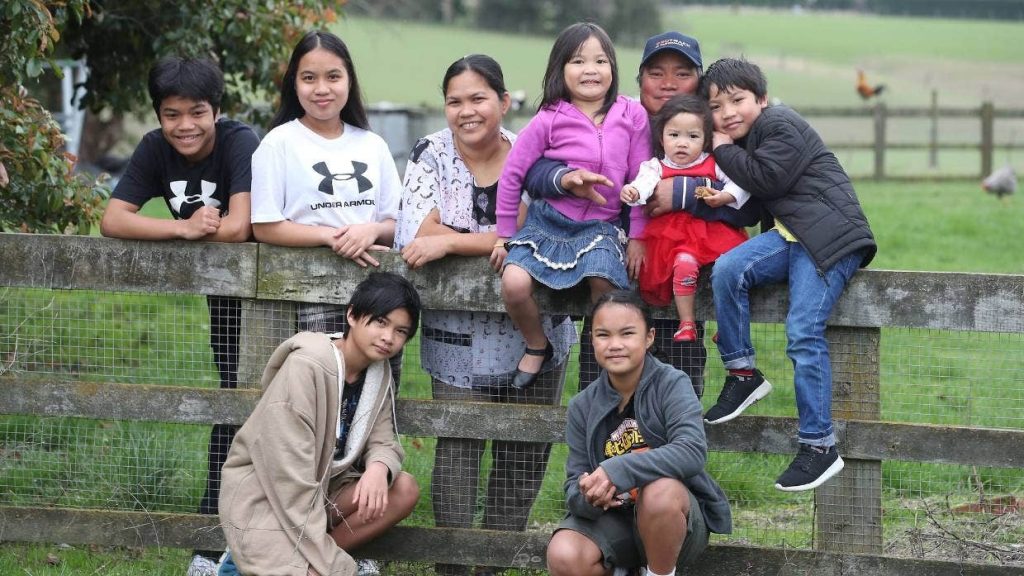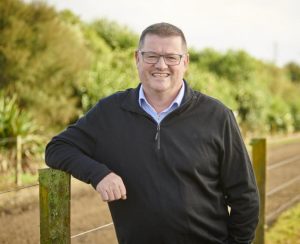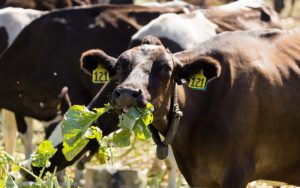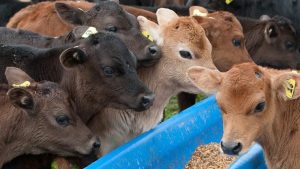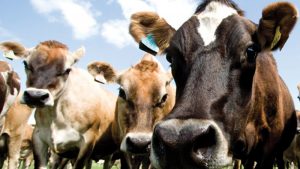
“To stay here legally I had to apply for a work to residence visa. They (Immigration NZ) said you will wait for 16 months from the time you applied. I applied in 2019, and I’m still waiting,” Ocon, who works on a farmer near Timaru, said.
“I just received an email from them saying in two months they would allocate a case officer to process my application. I still haven’t got a case officer.”
Ocon’s frustration comes as Australia has provided financial incentives attempting to attract New Zealand immigrant dairy workers to relocate there. Ocon knows other Filipino workers who have already opted to leave.
Federated Farmers employment spokesman Chris Lewis said, with no family reunification for visa holders in New Zealand, hundreds of dairy workers had not seen their children or wives for 20 months due to Covid-19 while Australia and Canada were making tempting offers of reuniting families and providing pathway residence quickly.
While the Government granted border worker exemptions for 200 dairy farm workers in June, Lewis said that “doesn’t make up for numbers leaving”.
“We’ve invested all this training into valuable employees and these overseas countries are taking that investment for free just over a work visa,.”

Ocon said he came to NZ by himself iin June 2008 on a work visa and worked on a Temuka farm.
““After a year my wife Marissa came and left the children behind. Then they came out, and we went to a dairy farm at Hinds.”
The children who came were Aris, now aged 16, Rexanne, 14, Bond, 12, and Psyche, 10. Three other children – Gabriel, 8, Sela, 5, and Mary 18 months – were born in New Zealand.
“I still have patience to wait. It has been a good experience here in New Zealand, but I am tempted to go.”
“I’m not alone. Other Filipinos are looking to leave New Zealand. One guy from Geraldine is waiting to go to Australia.
“Another on a neighbouring farm here has gone to Australia.”

Ocon worked 4.45am to 5.30pm milking 520 cows, saying the good technology on the farm saved him 20-20 minutes.
“If not for the technology I would have to be here at 4.30.
“I bring my food here with me and have breakfast here. I go home for lunch. I work five days. When calving starts it’s six days”
His deadline for leaving or staying is February.
“It’s hard when you have a big family with you. I would like to stay. I’ve only been here in Canterbury in New Zealand, no other region in the country. I love Canterbury.
“I’m still hopeful we can stay. My wife feels it’s hard, but she realises it will be my decision that I will make for the benefit of our children.”
Federated Farmers South Canterbury dairy section spokesperson Ads Hendriks said the Government had forgotten the fact farmers could not bring in overseas workers with Covid-19.
“Wouldn’t it be a good idea to retain the ones we have here?”
He had just gone through “an on-going battle” with Immigration NZ to get residency for one of his dairy workers.
“There’s a big shortage of houses. There are 3000 houses available in New Zealand now, the only thing people have to do is go and milk cows.”
Hendriks said the issue of visas was not just impacting Filipino dairy workers. Geraldine had four senior football teams this year, many of them made up of people from South America as well as Fijian Indians who were working on dairy farms.
“They have the same problem and can’t get their applications processed finally. The Government should start to see the immigrants as a resource to this country, not as a problem.”
Lewis said farmers had found it so difficult to get staff they had given up advertising.
“The July Feds Farm confidence survey reflects the grim picture, particularly for dairy.
“Nearly half of the survey respondents said it has been harder to recruit skilled and motivated staff – a further 13 point increase of the 35 per cent of farmers who cited workforce shortages in January, and the worst result on this measure since we started the surveys in 2009.”
Lewis said a Federated Farmers workforce survey revealed 49.36 per cent were short-staffed and in need of employing additional people; 45.64 per cent had a vacancy of greater than three months, and 24.34 per cent of those had the vacancy open for more than six months.
Immigration NZ was asked for comment and said without a privacy waiver, they were unable to so so on an individual case.
